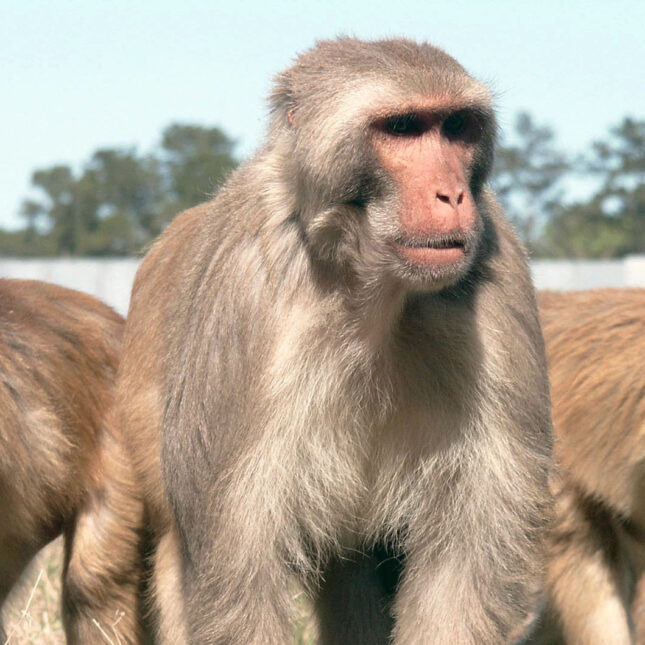
A worsening shortage of non-human primates and an inadequate government response threatens to undermine biomedical research in the U.S. and hamper the ability to respond to public health emergencies, a sweeping new report warns.
Non-human primates represent just 0.5% of the animals used in biomedical research, but can be very valuable due to their similarities to humans on genetic, anatomic, physiologic, and behavioral levels. The use of these animals in early-stage research has led to treatments for a range of conditions, including Parkinson’s and sickle cell disease, and drugs for preventing organ transplant rejection.
But the Covid-19 pandemic prompted China to impose an export ban on the animals, while simultaneously sparking an outsized demand for them among researchers seeking to develop therapies and vaccines. Today, there are far fewer animals available, which has raised costs dramatically and greatly constrained the ability to conduct a wide variety of research.















Exciting news! STAT has moved its comment section to our subscriber-only app, STAT+ Connect. Subscribe to STAT+ today to join the conversation or join us on Twitter, Facebook, LinkedIn, and Threads. Let's stay connected!
To submit a correction request, please visit our Contact Us page.